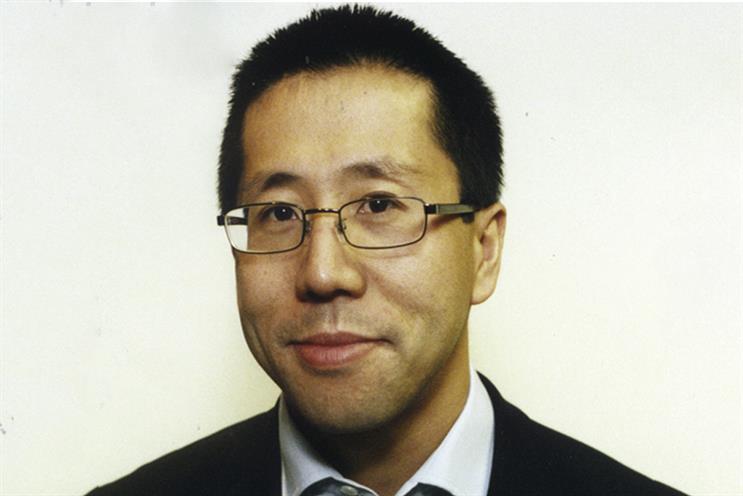The UK market is approaching smartphone saturation: we estimate that 90-95% of 18- to 34-year-olds now own a smartphone and more than 80% of adults in the UK have one.
The smartphone form factor is approaching its optimal physical design. This year’s new smartphones are likely to look mostly similar to those of last year and, critically, screen size is not going to increase much, which limits what can be displayed.
However, in many less visible ways, the smartphone is likely to improve significantly – for example, with regard to connectivity speeds.
Brands that persuade users to download apps can access greater functionality, including in-app payment and address information, and have the ability to avoid ad-blocking
In the UK, 4G is likely to continue its coverage across the territory, and speeds in urban areas are likely to increase further. 4G enables more video, including ads, to be downloaded and shared. Higher speeds should also encourage greater sharing of images and GIFs. They can also unlock new advertising opportunities, such as those enabled by geolocation-based mobile games.
Better connectivity may encourage more app downloads. Smartphone owners are prolific users of their existing apps but tend to be reluctant to download new ones. Our research has found that the majority of UK smartphone owners have no more than 20 apps. Faster connectivity should encourage more downloads, as will phones with more memory. There are smartphones available with up to 256GB of storage, but much of the UK’s existing smartphone base has 16GB or under, which constrains the quantity of apps that can be downloaded.
Brands that persuade users to download apps can access greater functionality, including in-app payment and address information, and have the ability to avoid ad-blocking.
In-app and mobile-browser payments – which can reduce purchase times via a smartphone to mere seconds – are enabled by increasingly ubiquitous fingerprint readers. By the end of this year, we expect 40% of smartphone owners in the UK to have a fingerprint reader-equipped device, of which four-fifths will be used regularly. This tiny sensor could unlock the full potential of mobile commerce.
Artificial intelligence should also become more common, particularly as a growing proportion of phones include native, on-device AI capability, enabling analysis – such as image or voice recognition – to take place on the phone rather than in the cloud. This should make applications that require AI, including marketing-related functions, work faster and use less data. We expect at least a fifth of smartphones shipped this year to include native AI capabilities.
Paul Lee is partner and global head of research for technology, media and telecommunications at Deloitte


